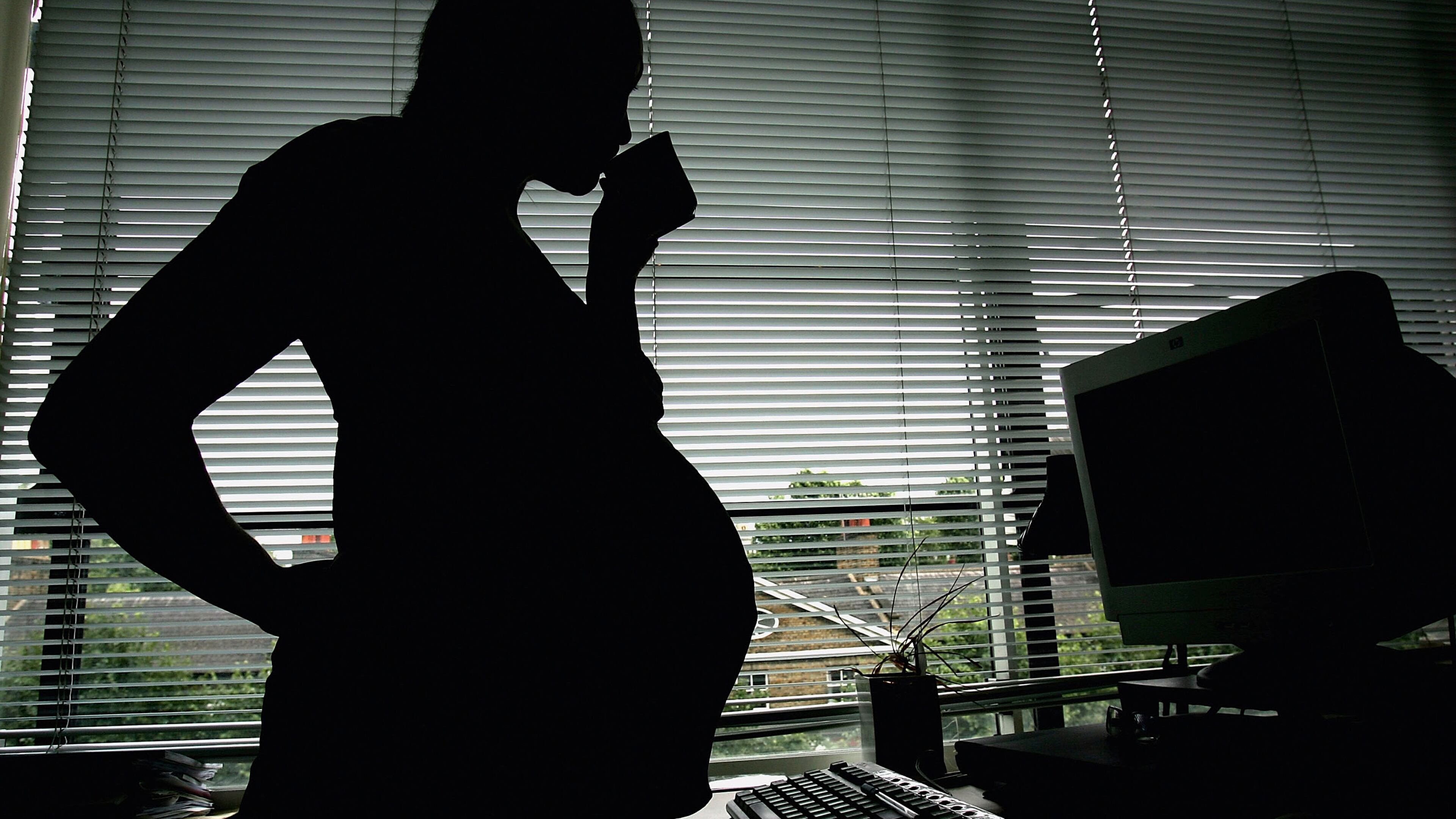Mid-life mothering: risky or rewarding?

Recent news about celebrities having babies in their late 40s or even early 50s, leaves many of us wondering – how old is too old to become pregnant?
According to Jeffrey Chapa, M.D., a women's health physician at Cleveland Clinic, many women fret about getting pregnant over the age of 35, but he says that the 'advanced maternal age' designation given to women over this age is often outdated.
Dr. Chapa said there are a lot more people now who are holding off on having kids until later in life than ever before and that it’s actually very common for him to see women delaying child bearing until after age 35 or even into their 40s.
“Age is somewhat a number,” said Dr. Chapa. “And there are many patients who are in their 40s who are probably better candidates to be pregnant than someone in their 20s. A lot of it has to do with their underlying health, and how they take care of themselves.”
Dr. Chapa said there are increased risks for chromosomal abnormalities in a pregnancy as a woman ages, however, he noted that women who become pregnant in their mid to late 40s often do so with donor eggs, so the risk of a chromosomal abnormality is actually very low.
»RELATED: Woman gives birth to quadruplets while fighting cancer
He said there have also been many advances in reproductive assistive technology that are making healthy pregnancies possible later in life.
Dr. Chapa said someone who is healthy and has good lifestyle habits is often a great candidate to be pregnant, but that it’s a good idea for women of any age to have a full health evaluation first.
“Most of them should have a pre-conception evaluation of their health to make sure that they’re healthy,” said Dr. Chapa. “Do they have diabetes that’s not been diagnosed? Do they have high blood pressure? – things like that.”
Dr. Chapa said it’s important to keep in mind that ’mid-life mothering’ does bring a heightened risk for developing gestational diabetes, preeclampsia, delivering via cesarean section, or becoming pregnant with multiples.

